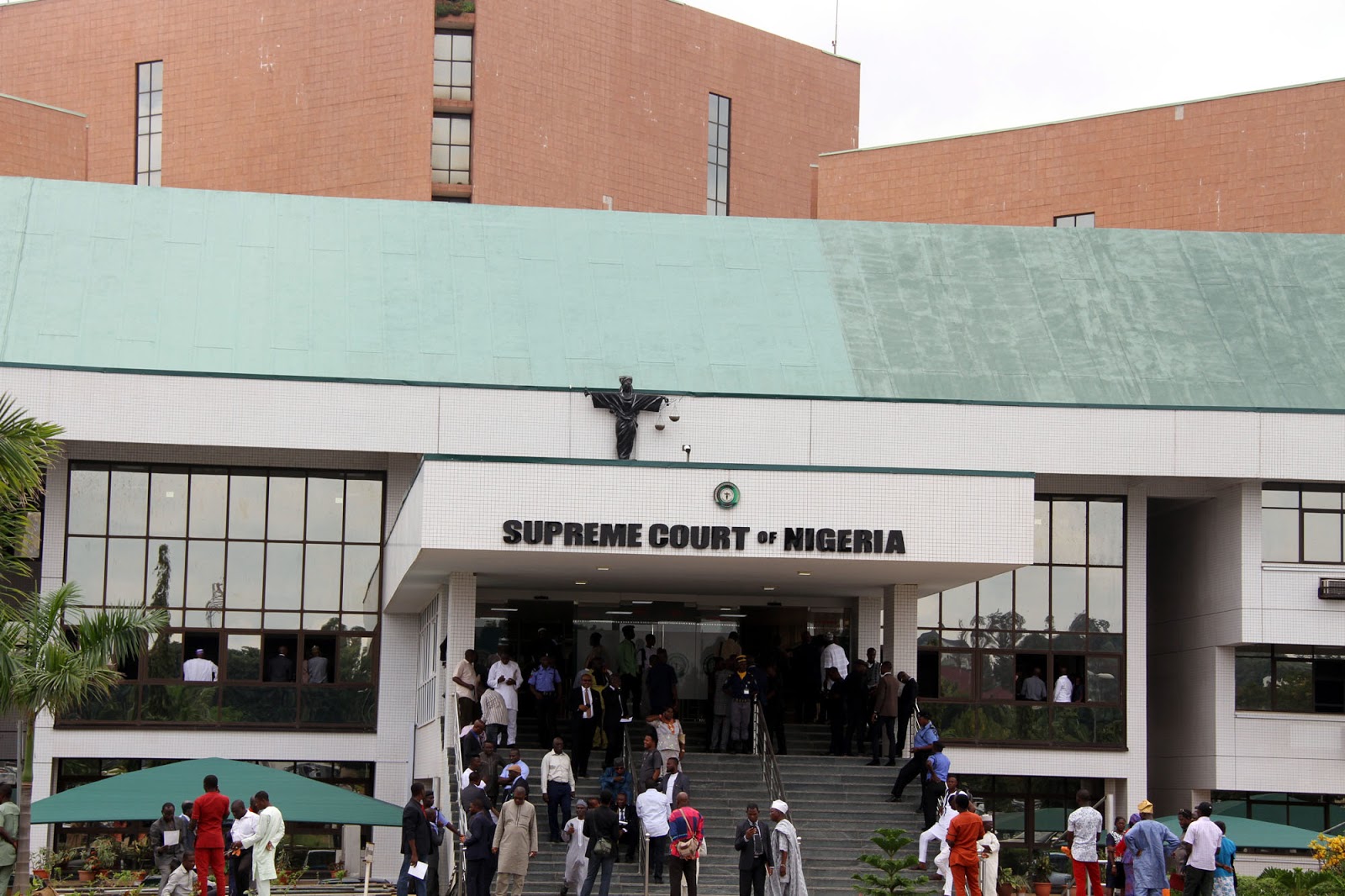Unless the challenges bedeviling the downstream sector of the nation’s petroleum industry are surmounted, the removal of oil subsidy may create more problems for Nigerians, especially the poor masses.
The Federal Government, through the Nigerian National Petroleum Corporation (NNPC), recently announced an end to the payment of subsidy for Premium Motor Spirit (PMS), otherwise known as petrol, in the country.
To most stakeholders, who spoke with journalist, the major concern is government’s inability to address the infrastructural challenges that have long faced the downstream sector of the petroleum industry. Among the challenges are insufficient refineries, dysfunctional state of existing refineries, inadequate pipelines and lack of good road network that could skyrocket the price of the product.
Indeed, with the looming scarcity of foreign exchange due to the low price of oil at the international market, and the projected recession in Nigeria, some private players have expressed the fear that the development could return Nigeria to the days of long queues at filling stations due to the scarcity of the product.
Also, some stakeholders are seeking to know the role that would be played by the Petroleum Equalisation Fund (PEF) Management Board as the agency also provides some subsidy. They want to know what the government has done to ensure that oil marketers continue to access foreign exchange, not a situation where preference is given to some players.
Though the stakeholders canvassed a deregulated downstream sector, where market forces drive demand and supply, they said the existing development, with regard to subsidy payment, should be made clearer to industry players, considering the fact that a similar pronouncement was made in 2015 but government cleverly reintroduced payment tagging as under-recovery and made NNPC the sole importer of petrol.
The Group Managing Director of NNPC, Mele Kyari, recently said that the era of subsidy on petrol was gone forever. “Subsidy and under-recovery are zero today. And it is zero forever,” he said.
But the All Progressives Congress (APC)-led administration had in 2015 touted that subsidy on petrol had been removed when Vice-President, Yemi Osinbajo then said the removal took off a burden of not less than N15.4 billion monthly from the Federal Government.
This disparity in the time of subsidy removal perhaps is the reason the immediate past president of the Nigerian Association for Energy Economics (NAEE), Wumi Iledare, sees the current move as a mere announcement designed only for the pages of newspaper – a wishful thinking.
According to him, the power to set petroleum product price is in the Petroleum Act; the development may not be about subsidy removal but the power to set petroleum product price.
“The only challenge is the amorphous nature of the governance of the energy sector generally with a lot of institutional limitations. Another minister or president may come and disregard a previous government executive order on product pricing issue.
A look at Petroleum Products Pricing Regulatory Agency Act and the PEF Act is also crucial. There must be an Act of National Assembly to remove price control by regulations or by an executive order of a populist government,” he stated.
Iledare stated that ignorance of consumers makes the path to full deregulation much more difficult to achieve.
“We said kerosene and diesel are deregulated, but the price is still high even at this extreme low crude oil prices. Without proper education of the public, the myth that deregulation will lead to higher petrol price is a hindrance.”
Deregulation must not be like a thunder bolt but gradual and with legislative commitment to rules of law. That was what the Petroleum Industry Governance Bill (PIGB) was set out to do,” he stated.
The Major Oil Marketers Association of Nigeria (MOMAN) had recently shared the view of Iledare when it rejected price modulation and demanded a full deregulation of the market.
MOMAN Chairman, Tunji Oyebanji, specifically noted that oil marketers would rather opt for deregulation against price modulation, claiming that the former would bring about long-term stability in the downstream sector. He recommended a repeal of the law setting up the PEF, stressing that the cost of administration of equalization was too high and the unequal application of payments by marketers distorted the market and created market inequities and unfair competition.
The National President, Petroleum Products Retail Outlets owners Association of Nigeria (PETROAN), Dr. Billy Gillis Harry, lamented that most of the decisions recently taken by the government on the industry were only announced on the pages of newspapers without carrying along the key stakeholders.
He told The Guardian that full deregulation at a time when Nigeria was dependent on the importation of refined petroleum products in place of domestic refining despite four refineries remained worrisome.
“If bridging claims are expected to stop, how will the consumers in hinterland meet their petroleum products requirements? How will transportation of petroleum products be safely and efficiently handled as against the current epileptic nature of trucking and marine deliveries occasioned by bad roads and piracy? The NNPC pipelines network is totally not operational, what are the measures put in place to make the pipelines work efficiently and effectively?” Harry asked.
The founder and principal partner at NexTier, Patrick Okigbo, who called for more explanation on the reform, said it would be a lasting legacy of President Muhammadu Buhari as the leader who finally ended the 47-year wastage.
“We need to understand the role PEF will continue to play in the industry as that is also a kind of subsidy. There is no clarity on what the government has done to ensure oil marketers continue to access foreign exchange. If NNPC is exiting the market, we should know whether the marketers will get dollar at the same rate that NNPC gets it, which I do not support. We should also know whether other importers, like rice importers, will be subjected to the same conditions,” Patrick stated.
To set the sector on the right path, Patrick insisted that neither NNPC nor oil marketers should get dollars from Central Bank of Nigeria (CBN) at any discretionary rates, adding that the playing field should be the same for all players in the oil market.
“It is possible that international crude oil prices could rise and the naira could slump against the dollar. All of these could translate to high pump prices. It should not get the government to return to the wasteful subsidy regime, rather, it should think through how to use the funds that would have been wasted in subsidy to improve infrastructure to assuage the increase in pump prices,” he stated.
An energy expert, Michael Faniran canvassed a repeal of the law establishing PEF, through the upcoming Petroleum Industry Bill (PIB) or another bill.
He also advised that the template for petroleum pricing by PPPRA be made public, reflective of market rates and transparent to secure public trust.
“We need to ensure that NNPC does not get undue advantage as a competitor to other marketers. There must be clarity about the modulation process. Normally I expect this to be done on a quarterly basis so that it allows marketers enough time to sell their vessels.
“Also, I expect a price band and not a single price as PPPRA has been doing. The lower end of the price should be what it should sell in areas like Lagos which is close to the ports and the max limit could be price to be sold in far hinterland areas like Sokoto and Borno states.
“This will promote competition and eventually bring the price down. If a marketer decides to sell at upper limit in Ibadan, for example, the other station across the road could sell at the lower limit to gain advantage,” he said.
Faniran, who said there was the need for a downstream regulator, described what was in place as a pricing regulator.
To an energy expert, Ameh Madaki, deregulation remains a journey, not a destination.
“The journey has started but a whole lot still has to be done to achieve a fully deregulated downstream sector,” he said.








